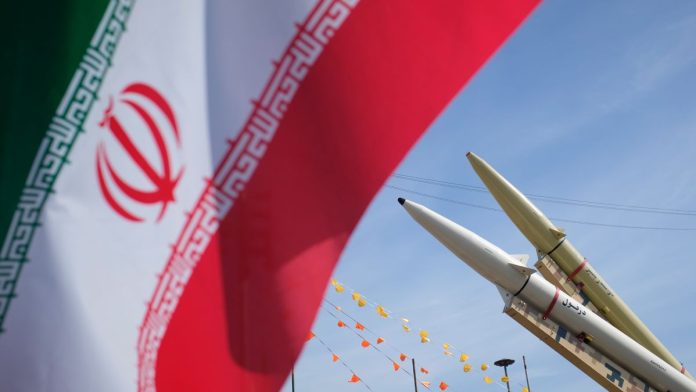The latter missile attack on the part of Iran has found serious shortcomings in the Israeli air defense system, calling into question its ability to protect the country in a long -term conflict. About it reports the British edition of Guardian.
After Iran's attack on Israel, the officials of Israel said that their defense had withstood. But while Israel is preparing a stroke, analysts believe that these initial messages could be misleading and can change the calculation of Israel's response if he is afraid to get into a protracted "rocket ping-pong" with Iran, especially if Tehran chooses lighter targets in the future.
Satellite and social media have shown how the rocket on the rocket affected the Air Base in the Negev Desert and cause at least a few secondary explosions, which indicates that, despite the widely advertised efficiency of Israeli air defense systems, Iran's strikes were more significant than recognized.
Experts who analyzed the personnel noted at least 32 direct hit on the air base. None of them apparently caused serious harm, but some landed near hangars, which are located in F-35 Israeli, some of the most valuable military assets of the country. Although these rockets were apparently not aircraft on Earth, they would nevertheless have a deadly effect if they were released in the city such as Tel Aviv, or if they were aimed at other important goals, such as the oil refining plants of Bazan Group. City, writes.
"The main fact remains that Iran has proved that it can strike a strong blow to Israel if he wants," writes Decker Evelet, analyst of the CNA research and analytical group, which analyzed the satellite images for the blog.
“Aviabases are difficult goals, and these are the type of goals that are likely not to lead to numerous casualties. Iran can choose another goal: say a tightly clogged ground base or target in a civilian area - and a rocket strike on it will lead to a large number of casualties. Another problem for Israel is the economy of a protracted series of beats with Iranians.
Israeli reserves are both expensive and limited, which means that the country can become more vulnerable to Iranian blows as the conflict continues.
"Given that Israel seems to be publicly pledged to strike on Iran, it is probably not the last time we will see the exchange of missiles," the Evelet writes. "I am worried that in the long run it will be an exchange that Israel will not be able to afford if this conflict is protracted."


